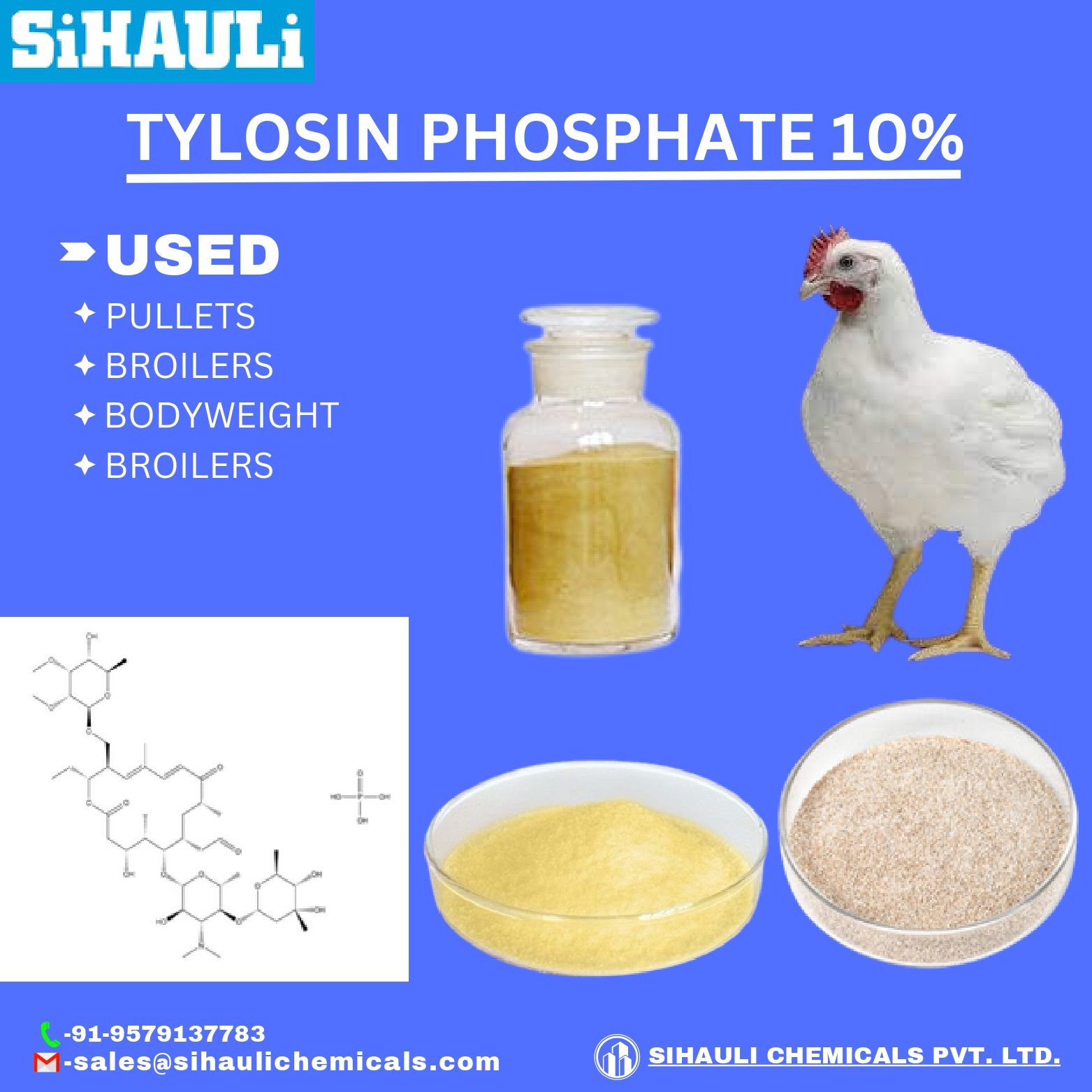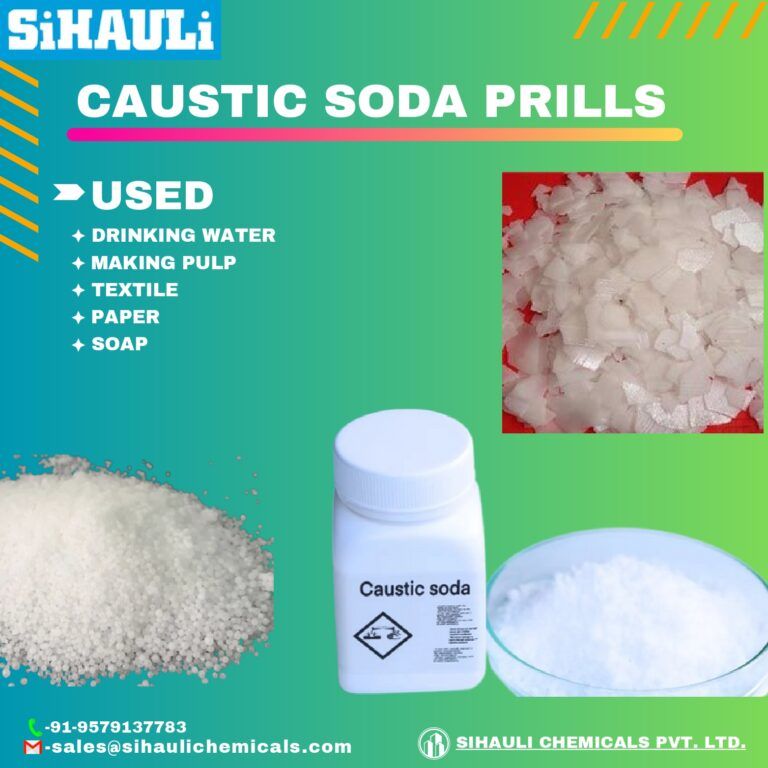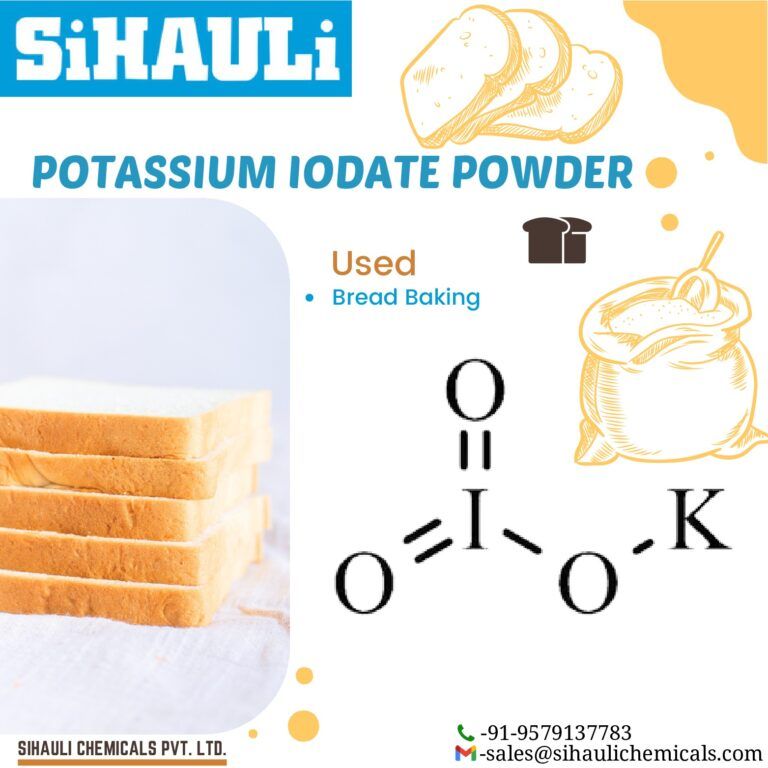Tylosin phosphate is used for prevention and control of chronic respiratory disease (CRD) in replacement pullets, broilers, increasing bodyweight and improvement of feed conversion rate in broilers, increasing egg production.
Product properties
Composition
Each kg of Tylosin phosphate 10% contains:
100 grams Tylosin (Phosphate)
Mechanism of Action:
Tylosin phosphate is an antibiotic of macrolide group which is produced by fermentation of a certain fungus. This antibiotic prevents protein synthesis by ribosomes and thus prevents bacterial growth, resulting in their death. Special mechanism of action of macrolides, besides stopping rapid growth of microorganisms prevents buildup of bacterial resistance.
Indications of use
Tylosin phosphate is only used in veterinary field and effective basically against gram positive bacteria, but also has efficacy against some spirochetes and gram negatives (except coliforms).
Tylosin phosphate is used for prevention and control of chronic respiratory disease (CRD) in replacement pullets, broilers, increasing bodyweight and improvement of feed conversion rate in broilers, increasing egg production.
Dosage and route of administration
Broilers and pullets: For prevention and control of CRD due to Mycoplasma gallisepticum, 10 kg Tylosin phosphate 10% per ton of feed during first 5 days of chicks life, should be repeated for 2 days at 3-5 weeks of age.
Layers: For feed conversion rate improvement and more production 500 per 1000 kg of feed.
Broilers: To increase bodyweight and feed conversion rate improvement: 50-500 grams Tylosin phosphate 10% per ton of feed.
Feedlot cattle: To reduce hepatic abscesses due to Fusobacterium necroforum and Actinomycess pyogenes: 0.6 -0.9 grams Tylosin Phosphate 10% per head, per day.
Storage conditions
In dry place, below 25° C.
Withdrawal Time
5 days before slaughter.
Drug interactions:
Avoid using Tylosin phosphate simultaneously with other premix antibiotics.
Do not use with lincosamides, beta lactams and florfenicol simultaneously.
Precautions
Wear protective clothes, gloves and antidust mask while handling this product and during mixing in feed. Keep out of reach of children.




